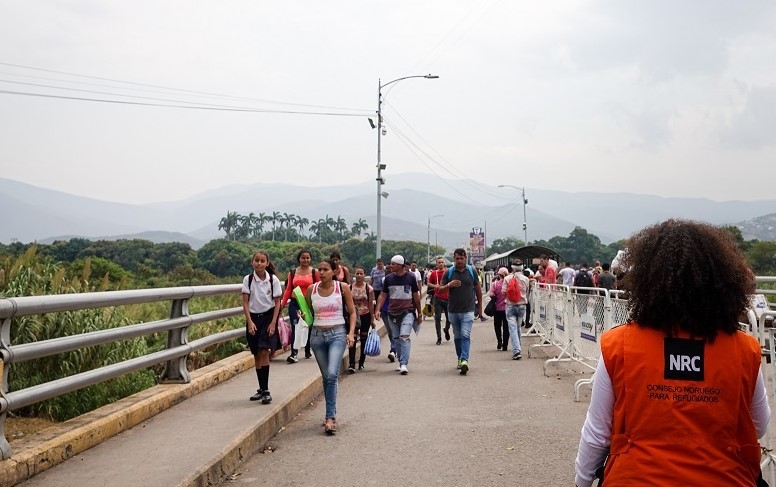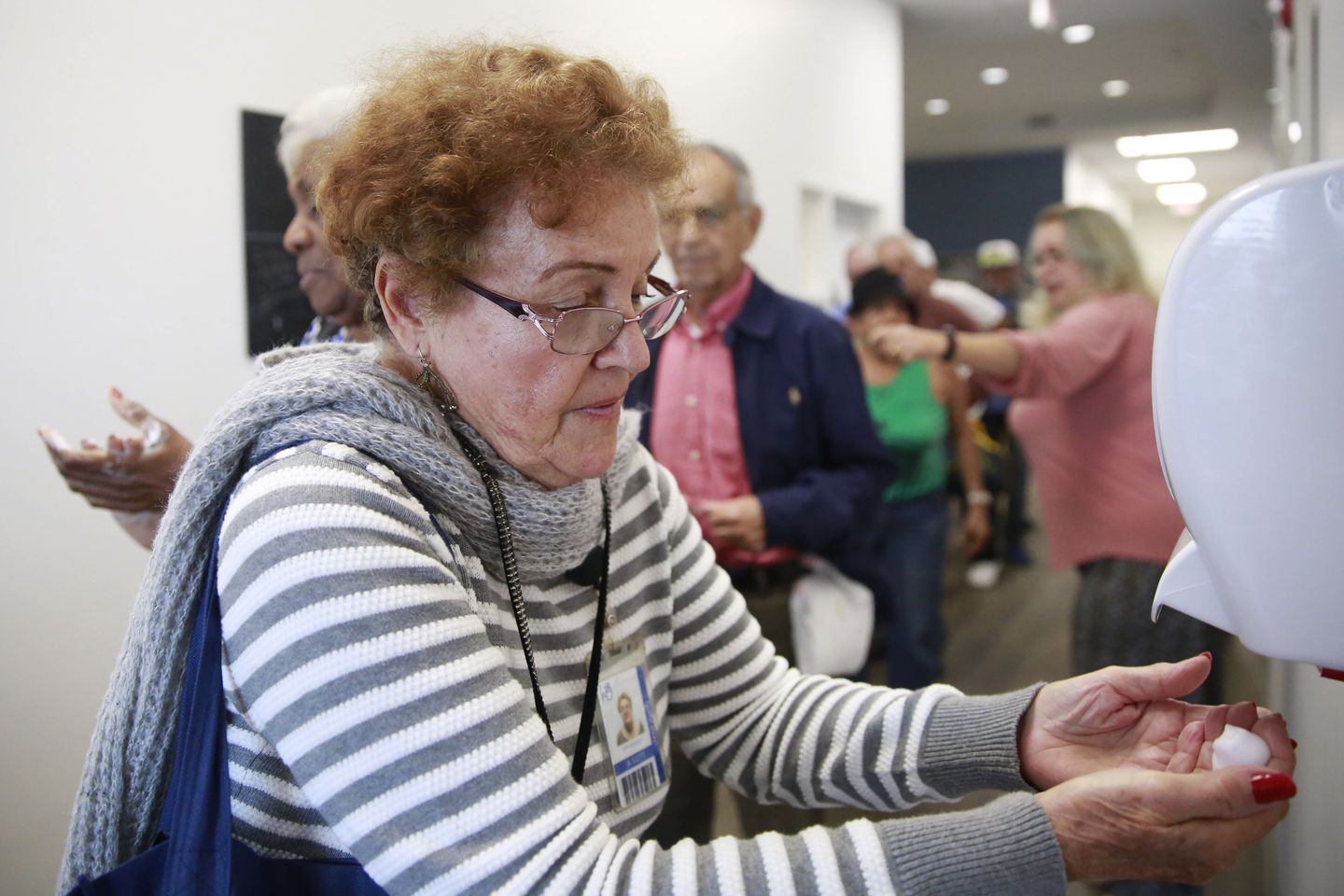From the moment the Minister of Education announced the suspension of face-to-face school activities due to the COVID-19 pandemic in April 2020, the authorities advised the use of remote learning strategies, revealing the multiple problems affecting the education sector in the country due to the complex humanitarian emergency, which makes it practically impossible to ensure access to education, attendance, and quality under a situation of equality and equity for children and adolescents.
In this scenario, the national authorities set in motion the “Cada Familia una Escuela” (Every Family a School) plan, which experts believe lacks direction, guidelines, pedagogical resources or a curriculum adapted to this modality, necessary to impart meaningful content to students. Also, the severe failures in electricity, telephone, and internet services and the lack of support for teachers and families, have aggravated the problems that have been registered since the beginning of the quarantine.
The crisis caused by the pandemic has only increased inequalities and aggravated the conditions of vulnerability that students of all educational levels face when exercising their right to education. Although the specialists agree that it is necessary to resume face-to-face classes as a means of socialization and development of competencies, they also point out that there are no minimum conditions to guarantee a safe and proper return due to obstacles in technology, budget, security, infrastructure, and public services, as well as the lack of provisions in the field of biosecurity necessary for all schools, both public and private.
We regret the lack of an official diagnosis on the different contexts that impact the education sector that could allow offering consistent and concerted guidelines for the operation of the educational system, anticipating the attention of specific educational needs of children with disabilities, children and teenagers in hospitals or living with chronic pathologies, indigenous children, and students in rural and border areas.
In the current situation, the Human Rights Network for Children and Adolescents (REDHNNA) does not waive its responsibility and right to demand to give absolute priority to the care of children and adolescents according to their best interest, and for this, we express the need to:
- Adopt adequate measures and allocate sufficient resources for the provision and rehabilitation of physical, technological, and logistical infrastructure for access to quality education, generating strategies to adjust the contents of the school curriculum and provide knowledge, tools, and the development of the individual skills demanded by Venezuelan and global society at the moment.
- Implement a massive vaccination plan against COVID-19 and provide the supplies and materials that allow the adoption of the necessary biosecurity measures for the protection of children and adolescents and their families at home and in school settings.
- Guarantee training and tools for teachers, as well as fair remuneration that allows them to live with dignity and provide an optimal and quality service. Likewise, it is urgent to design a plan that allows addressing the decrease in the number of teachers and keeping the teaching staff in the educational system.
- Execute a social and economic protection plan that includes the recovery of public goods and services and their effective provision, especially in essential areas such as school nutrition, transportation, electricity, drinking water, health and psychosocial care, security, and protection.
- Implement strategies according to the territorial realities of the country, to transmit and disseminate quality content adapted to the ages, grades, and levels of the national educational system, favoring mechanisms of progressive incorporation into the face-to-face modality, according to the diagnosis of each locality and educational center and their proposals to address their particularities and target groups.
- Develop effective actions that recognize and address the reality of children and adolescents who are not formally in the educational system or who belong to especially vulnerable groups such as children and adolescents with disabilities, children in hospitals or living with chronic pathologies, indigenous children, and students in rural or border areas, as well as provide solutions to the significant number of school dropouts.
- Support the capacities of families, communities, and social organizations to promote social awareness on the importance of education as a human right and a guarantee of comprehensive development.
Signatories
On behalf of REDHNNA:
Cátedra de la Paz y DDHH Mons. Óscar A. Romero / Mérida
Caleidoscopio Humano
CECODAP
CENDIF-UNIMET
Fundación Luz y Vida
Geografía Viva
Hogar Virgen de los Dolores
IIJ-UCAB
Prepara Familia
Proadopción
Red de Casas Don Bosco
On behalf of civil society organizations working in the field of human rights:
Acción Solidaria
Civilis Derechos Humanos
Centro de Justicia y Paz – Cepaz
Organización de familiares victimas de violación a los DDHH – Orfavideh
Encuentros Educativos Mérida
Una Ventana a la Libertad
Fundación de Lucha Contra el Cáncer de Mamá, FUNCAMAMA
PROMEDEHUM
Clima21 – Ambiente y Derechos Humanos
EXCUBITUS Derechos Humanos en Educación
Stopvih
UPEL IMPM
Fundación Lucelia
Fundación Grupo De Apoyo A Todo Pulmón.
Red de Activistas Ciudadanos por los Derechos Humanos (Redac)
Alianza Todos por la Educación
Runrun.es
Defensa en Acción
Acceso a la Justicia
Comisión para los Derechos Humanos del Estado Zulia (Codhez)
Instituto de Estudios Políticos y Derecho Público de la Universidad del Zulia
Mulier
Cendif-Unimet
Diócesis de Ciudad Guayana
Cecavid
SOCIEDAD HOMINIS IURA (SOHI)
Translated by José Rafael Medina




